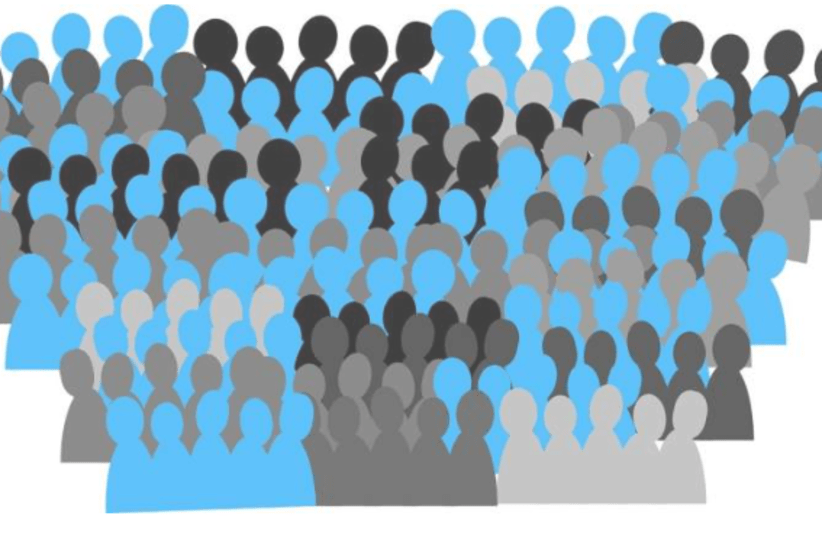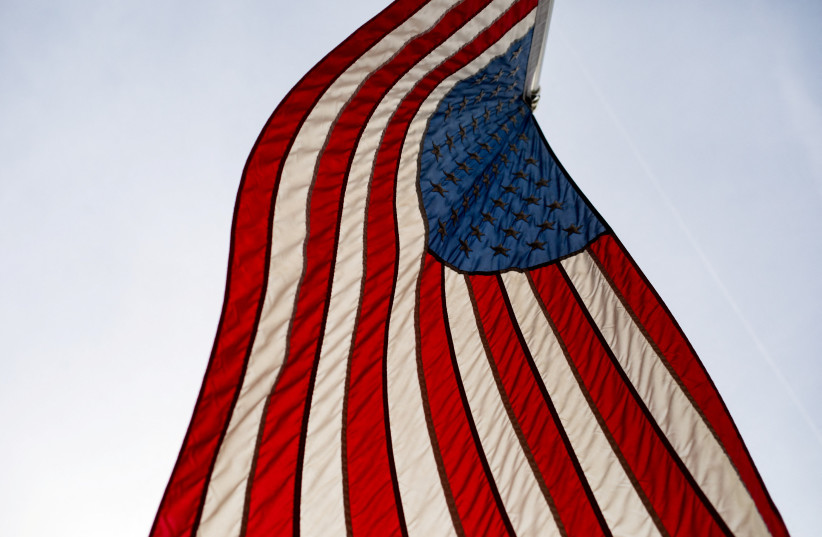Americans, Israelis, and others have been worried about threats and actual backsliding of democratic values. In times of political violence, warns a leading public affairs researcher at the University of Kansas, standards of accountability based on rules of democracy are needed.
When a family or group of friends sit down to play a familiar game they’ve played many times before, they generally don’t need to refer to the rules – unless someone breaks them. The values of liberal democracy have been violated in numerous forms in the last decade, yet many are unfamiliar with what the “rule book” would say those values are.
Prof. Christopher Koliba, who has just published his findings in the journal Public Administration Review under the title “Liberal democratic accountability standards and public administration,” bases his arguments on contemporary political and legal philosophies of “small-l liberalism” and democracy to define a set of seven standards focusing on authority, rights, tolerance, truth claims, and professional deference. His conclusions came from research he conducted on the US public health and administration crisis of 2020.
The standards, he declared, are especially timely in an age of growing populism, democratic backsliding and polarization, he wrote, referring to current events in the US that could be relevant to Israel as well. Saying he fears that Americans have forgotten the rules of democracy, he called for “a renewed dedication to democratic values and assigning accountability standards for government workers and scholars.”
“I was looking for the potential that norms and standards were being violated here and then started to look at the literature on democracy, especially the small-l liberal variety that the US and other systems were founded on,” Koliba wrote in his study. “That led to revisiting the works of political philosophers about what is liberal democracy in the context of modern society and what it entails. I argue we’ve taken those values for granted and assume we all know what we’re talking about. I feel that is what we’re up against.”
Koliba's analysis of liberalism
Koliba examines liberalism not as it is commonly referred to in political discourse as being associated with certain political parties, such as the US Democratic Party or the Labour Party in the UK. Instead, he meant the version that has shaped democracies with values such as eschewing abuse of power, preeminence of individual rights, honoring tolerance and restraint, and appealing to reason and truth.
Those values have been challenged the last decade as democracies around the world. Among others, the US, Poland, Hungary, and Brazil have seen rising populism, openness to authoritarianism, retractions of rights, and apathy to truth-telling, Koliba said. That has also resulted in increasing threats of violence, incivility at public government meetings, polarization, and false accusations.
The first use of “liberal” in the political sense was made in the late 1790s in Switzerland by Benjamin Constant – political thinker, activist, and writer on political theory – to characterize the revolutionary ideas of the times. The term, Koliba wrote, was used to describe “a set of core political ideals, norms, and standards pertaining to the protection of individual rights, the adherence to representative and constitutional government, the existence of checks and balances in government, and a deference to a ‘rule of law’ that includes trial by jury, protections of civil and human rights, and procedural due process. These political norms and standards have extensively shaped the public administration of modern democracies.”
He argued that while liberal democratic values are assumed as drivers of public administration and management practices in democracies, “they are only vaguely articulated or often taken for granted,” the Kansas scholar continued.
“It’s easy to take democracy for granted. I myself have done it,” Koliba said. “I’m thinking deeply about how to embrace these standards in the curriculum I teach. Our field is globalized, and there is a debate about universal values in public administration. I think there is a lot of work to be done to elevate democratic governance principles. And in speaking with some of our leaders of city and county government, I believe this sentiment resonates with them as well.”
“Politics has always been a contact sport, but when it comes to poll workers and local government administrators having their lives threatened while carrying out the public’s business, we need to have a clear set of democratic principles that we can at least debate and then hold each other accountable to.”
The standards can and should be debated, Koliba concluded, “but they are especially timely given growing distrust in the government, deep and persistent polarization, growing expressions of intolerance, and apathy toward truthfulness. Those trends present potential irreparable harm toward democratic institutions, necessitating the need for public officials and scholars to commit to historical standards and principles of liberal democracy.”

